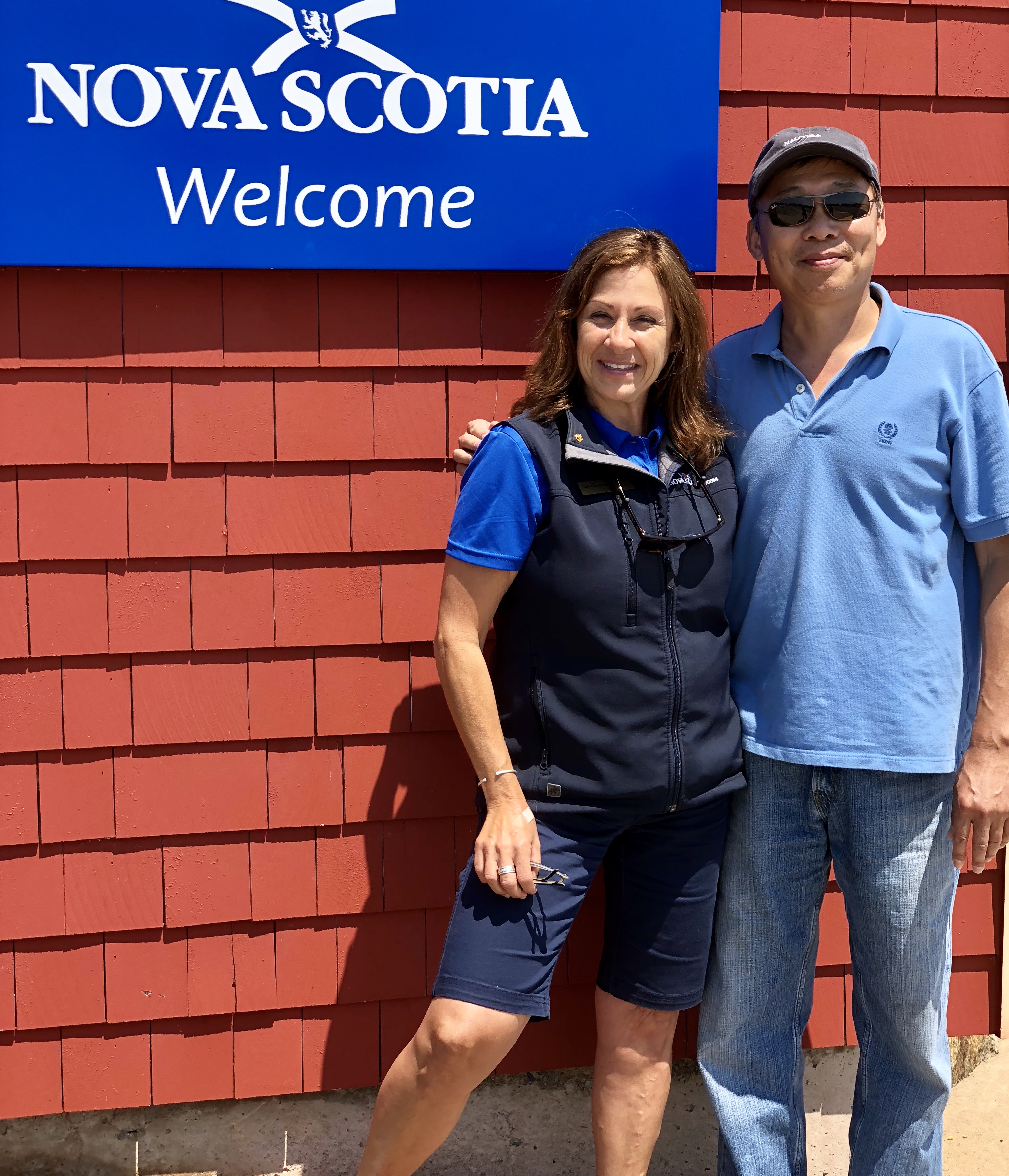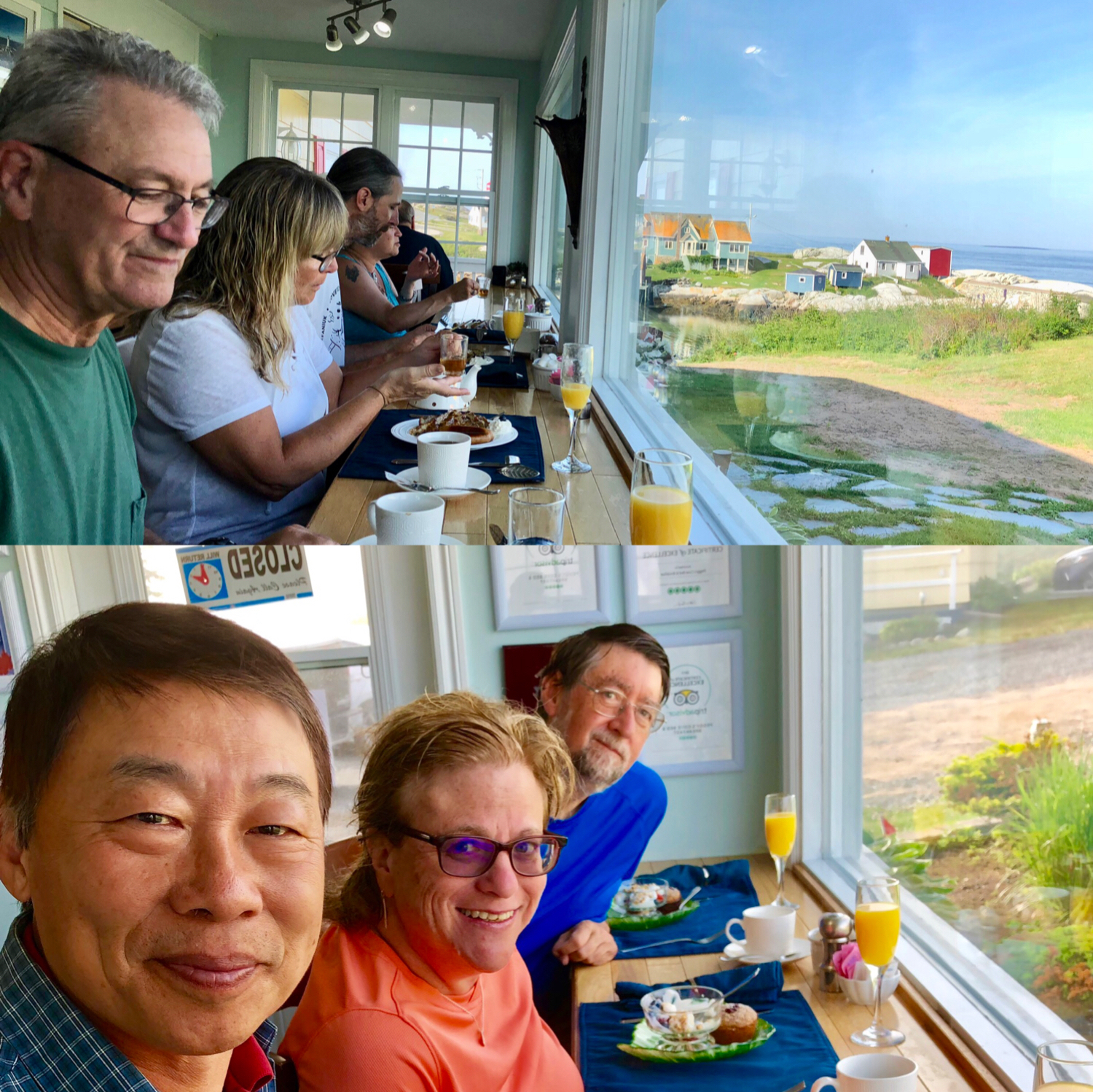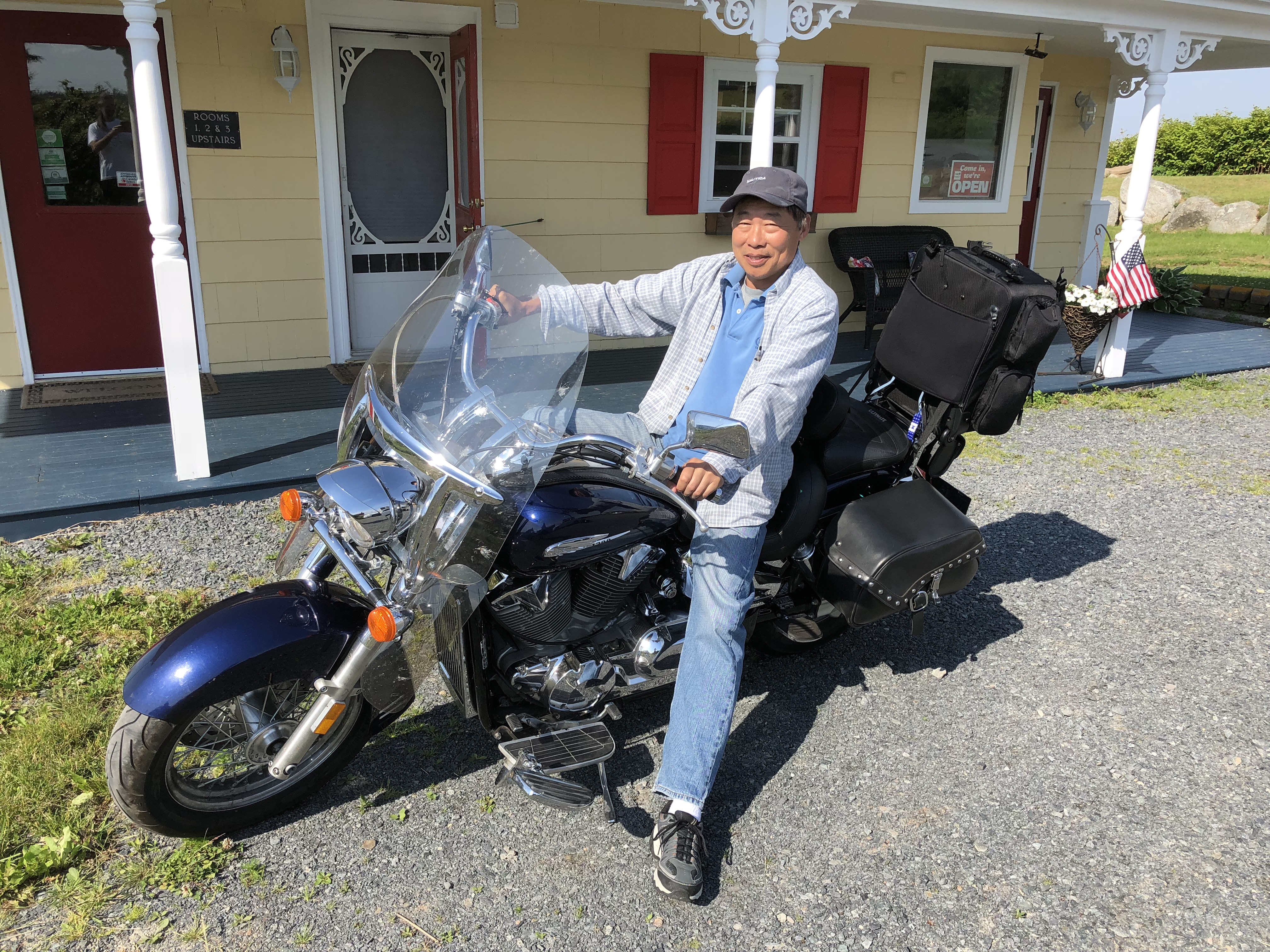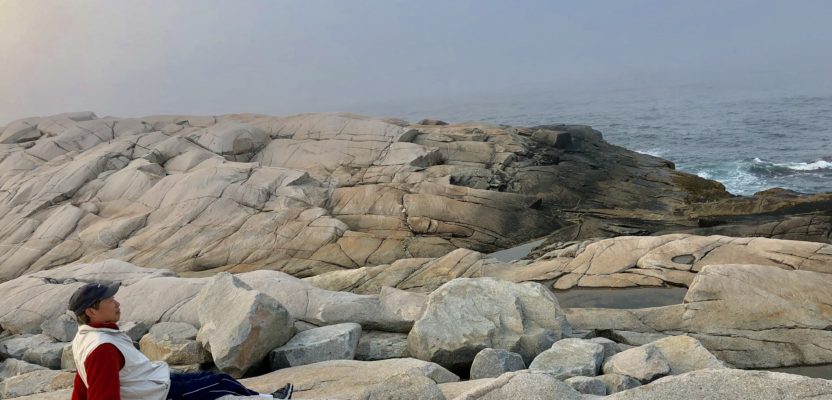Part IV Are We Humans Still Social Beings?
Have human beings, social by nature since the beginning of time, evolved into something utterly opposite in such a short time? Has the ubiquity of social media, founded with the intention to unite the world, made us more isolated than ever?
I’ve heard friends express social-media related anxieties now and then, and I admit to having a few of my own.
It is widely acknowledged (even accepted) that emojis–not words–are the favored method of communication between friends, and neighbors often greet each other unfeelingly. However, this was not the case 50 years ago when I was a kid in China. Back then, it was the norm for friends and neighbors to visit each other’s homes, uninvited. Nowadays, that would be the worst social etiquette in the U.S. or in China. Even picking up the phone to call someone feels somewhat intrusive now.
Let’s leave the investigations to the social scientists. Nevertheless, it doesn’t have to be that way. For those who are looking to meet good-natured and sociable people, one can simply unplug from the cheap and easy (even seemingly fun) online groups for a few days and get out of your house.
Being on the road, I’m often surprised to see how open, warm, and genuine people are when they meet each other by serendipity. I consider this to be the traveler’s ally, the one motivating factor for me to mute my iPhone and hit the road. What’s more, by meeting others face-to-face, it’s another way of getting to know oneself–like looking in the mirror through the eyes of others.
Benevolent people on the road
After establishing a foothold in Halifax, N.S., I started to tour around. Peggy’s Cove became the next easy target within a short drive.

Arriving at the destination on a sunny day, I was immediately drawn to its natural splendor: a view that was a world apart from 35 minutes ago. I wanted to stay away from the day trip tourists and be like the locals for a few days in this simple, yet not simplistic, fishing village.
I did not plan for it and knew nothing about where to look either; therefore, the Welcome Center was the convenient place to start. Aline, who worked there, assisted me in more than just handing over a few pamphlets.
“I know a few houses with rooms for rent and can show you where they are,” she said, leading me out of the Welcome Center.
“I’m familiar with their amenities, the prices they charge for their rooms, and even the food they each serve.” She went on as we walked along the up-and-down winding road.
It was a village with a population of 500 people, houses sprinkled along the unpaved backstreets on the massive rock formation. So, we hopped along on the rocks, having the whole village in our view now. She pointed out which house provided a nice home-cooked breakfast, which one was sitting right on the wharf with a stunning view; one owner could even take their guests out for a fishing trip. This is a place where word-of-mouth is everything!
July is the peak season of the year for tourism here. After we knocked on a few doors, I was fortunate to find one room available because of a cancellation. I almost jumped up and down like a bird, signing up to move in the next day.

Aline was the kind of friend I wanted to have, and I knew I would not forget about her for a long time.
Who Am I, in the eyes of others?
If you are lucky to find the right B&B to stay during your trip, it should feel like a home away from home—except you wouldn’t know all the other houseguests, until the next morning.
A well-run B&B starts the day with a well-prepared breakfast, which lightens the mood and opens up conversations for all the guests.

This couple sitting beside me came from New York, also by train, and then by bus. During breakfast, they both tried to talk to me at the same time, as if they had to meet a quota for sharing a number of stories within a limited amount of time.
“Are you from Hong Kong?” The lady asked me before I introduced myself.
“I’m from Mainland China many years ago, and I now live in North Carolina,” I answered, wondering what would make me look like someone from Hong Kong. Quite interestingly, just two days ago in Halifax, also at breakfast, I met a young student who also came from China for graduate study in St. Mary University, Halifax, N.S.
“Hi, are you from Taiwan?” She asked me in Chinese when our eyes happened to meet.
Now I started to recall quite a few times when I went back to China. In casual chats with my countrymen, they all had the impression that I came to visit China from somewhere else.
These series of coincidences have left me to contemplate: who am I in the eyes of others and where do I actually belong? Would this make someone inherently a better person or just odd? These unanswered questions have stuck in my mind ever since and will be another quest on the road in the future.
Interesting people are all out there

It was a Canadian National Day and I met a group of military officers at the celebration in Halifax, N.S.
“We are not only for show,” this officer said after I commented how awesome they all looked. “We went to the first Iraq war, and that was very real.” He ended his remarks with his face looking a little more serious this time.
Anything related to the military was fascinating to me, but somehow, his words had drawn a clear line between a fancy idea and reality in my head.

With this royal guard at the historical Citadel in Halifax N.S., one just can’t expect anything sociable, not even eye contact.
One morning, in the same B&B, I met a couple who had been touring around on this bike for 1,000 miles, the guy said–another idea I always fancied but never had tried. Once I said “a very nice bike!” He started to talk about his bike like a mother talking about their first-born child.

“The most expensive and important part is the seat, costing me $2,000 for it,” he said, wearing a fulfilling smile on his face. “It needs to be comfortable enough for several hours while we are riding it.”
He told me to try it if I knew how. I was very tempted even though I had never ridden one before, but I was on my way out to catch a flight with very little time to hang around. So, I just sat on it for a few minutes and thanked him for that.
I was thinking, even my neighbor would never let me take theirs to ride out for a spin. Nor would I expect him to. This kind of big toy is not meant for sharing with friends. But somehow, strangers met on the road are quite different.
A linguistic conversation I never had before
Among many more interesting encounters on this trip alone, this most memorable one is worthy of recalling.
A couple, about 50-years old, were also taking the ferry from Portland, Maine to Nova Scotia. Among the several hundreds of passengers on this enormous boat, they sat at a table next to mine, thus we greeted each other after we settled in. They happened to come from Chapel Hill, North Carolina, just 15 minutes’ drive from my home in Cary. They both lived in Shanghai for two and a half years not long ago, while the lady was teaching English in Shanghai Duke University and the husband was an IT professional. Our family also has a home in Shanghai, where I go back to every year.
“We could have bumped into each other many times in the past, in Chapel Hill, Cary, and even in Shanghai, but we had never known, until now,” I said, a true statement in my mind, which also helped to break the ice.
They left Shanghai’s job because they needed to take care of their aging parents in Chapel Hill, “but that two and a half years was the best time we had,” they both said it more than once. While teaching English in China, she fell in love with the Chinese language. She took Chinese lessons several times a week in Shanghai and still did it even after moving back to Chapel Hill. I happened to love English so much, and I did all my formal writings in English over the years. Although, in fact, it has been by far the hardest thing I have ever done in my life.
English or Chinese, which is more difficult to learn?
Knowing that I have roots in China, the English teacher grumbled about how hard it was to read and write Chinese, and harder still to converse in Chinese with the locals. I agreed and also countered that English was not any easier. I vented my struggles with the language, and with her help (and empathy), I came up with a quick comparison list.
While Chinese characters are difficult to memorize and even harder to pronounce for starters, its grammar rules and sentence structures are more straightforward. It has no verb tenses, no third person verb forms, no different articles for different nouns, no different possessive forms, no preposition usages that seem senseless, no different auxiliary verbs, not to mention the ocean of English vocabulary…all of which had exasperated me for decades living in America.
By contrast, Chinese language, also known as Mandarin, uses exact characters to articulate all of those expressions without changing the word forms. Those major differences, in my opinion, make the Chinese language harder to get into, but relatively easier to grasp after a few years of study.
Before we knew it, several hours on the ferry had slipped by. We agreed to reconnect after we were back to our hometown in N.C.
Although my trip has come to an end, the reminiscence of it is far from over. Some real connections, nonexistent in any social media, have just begun.


